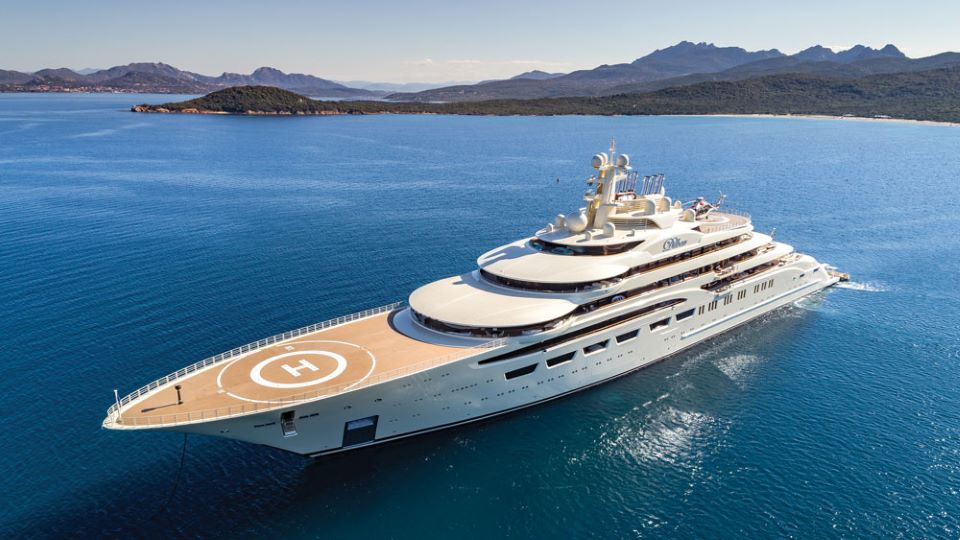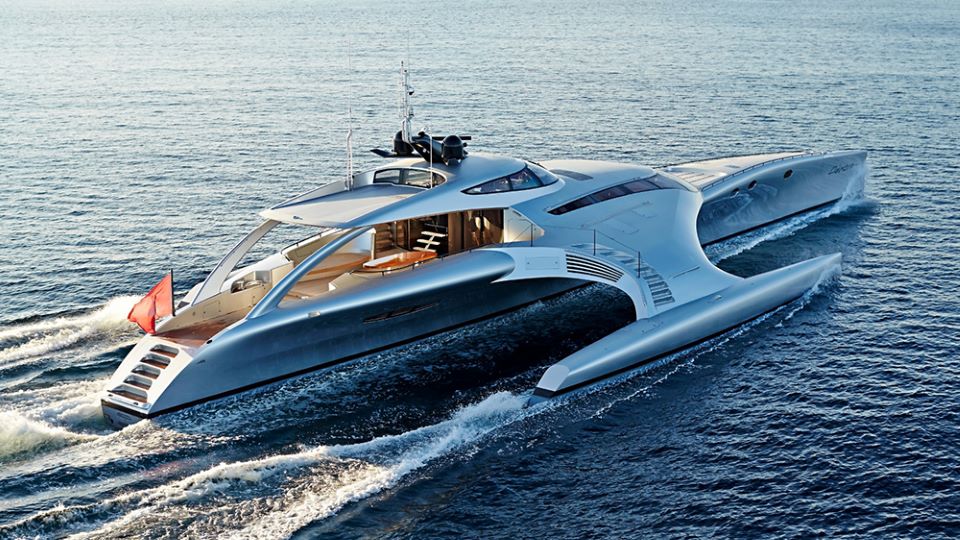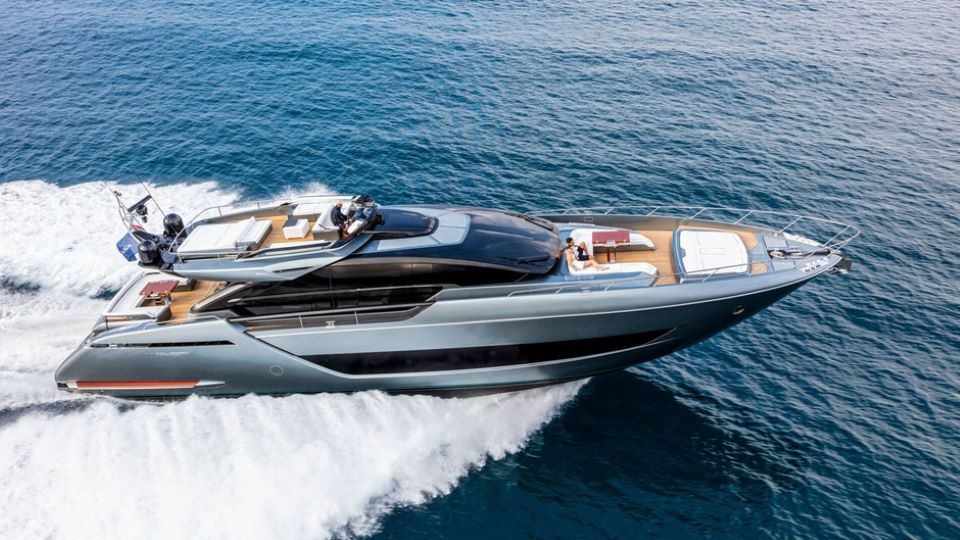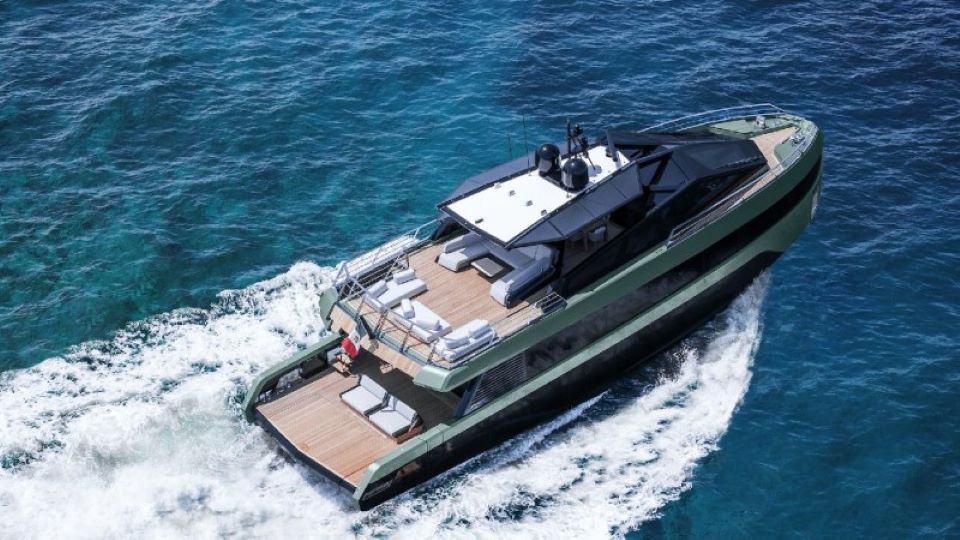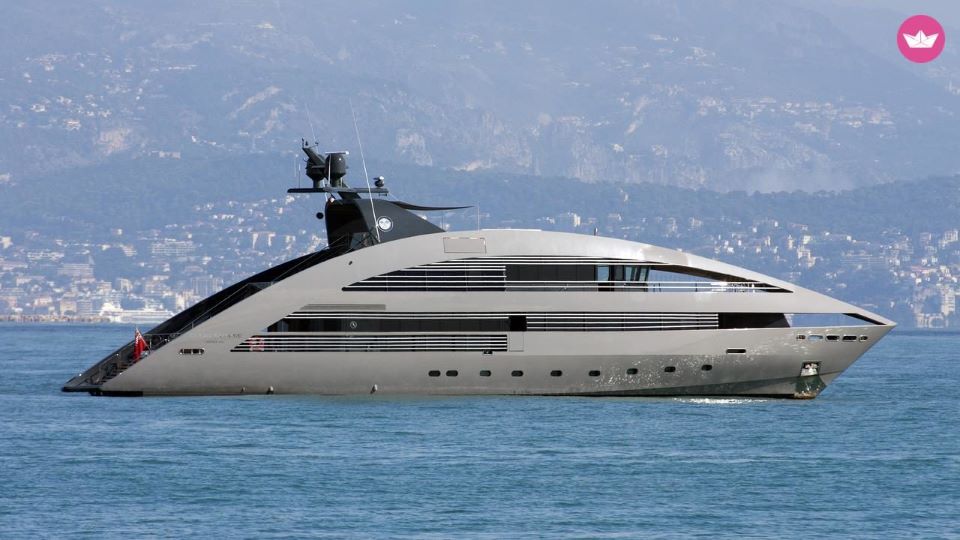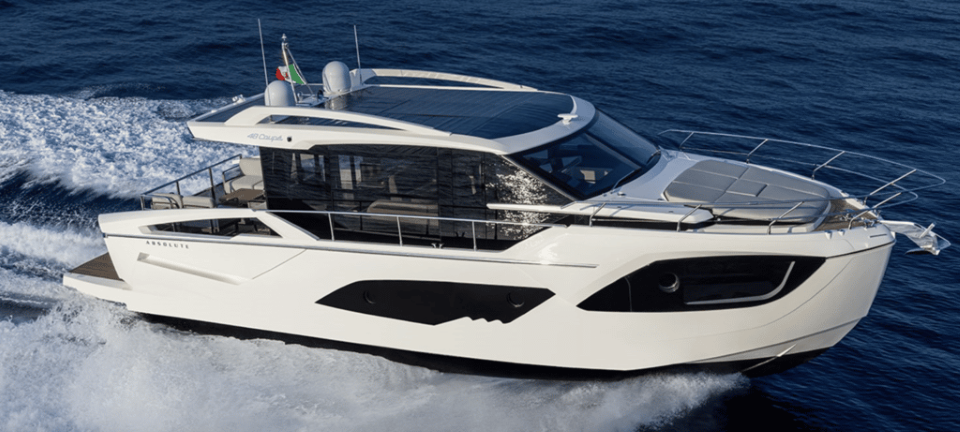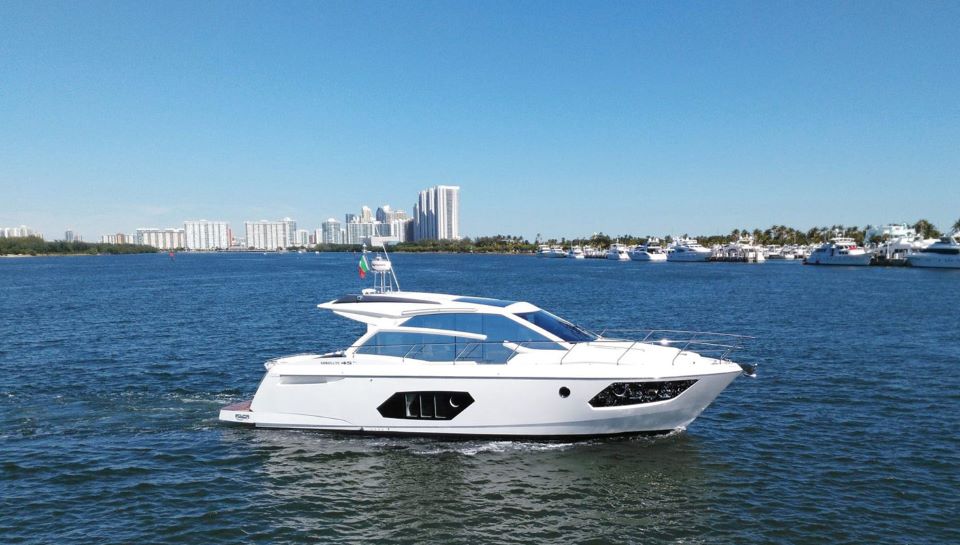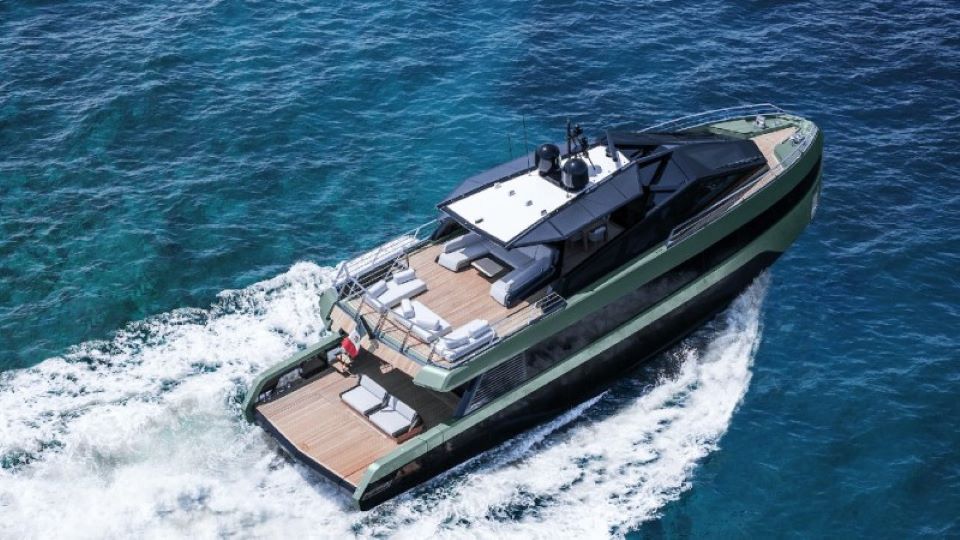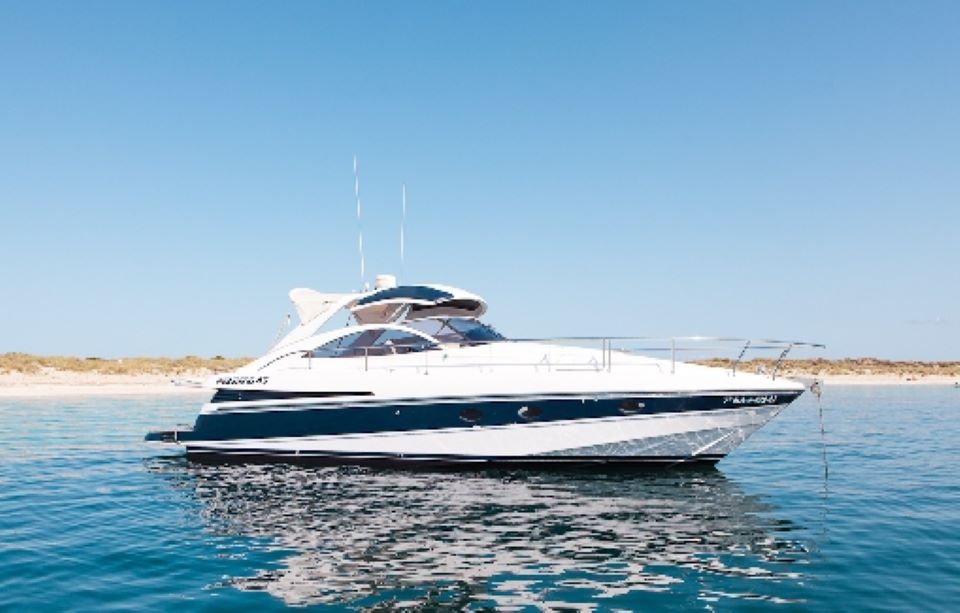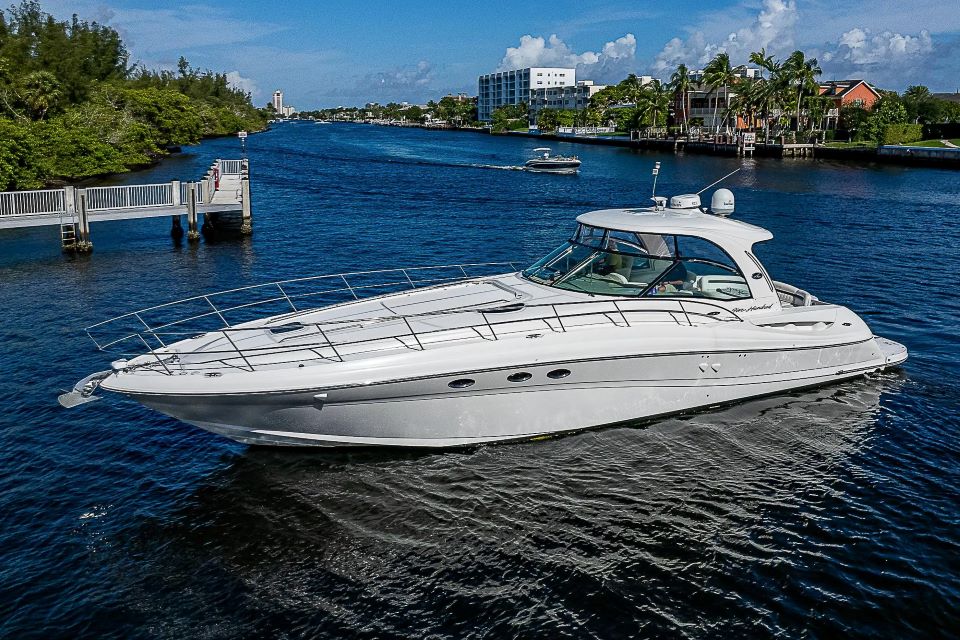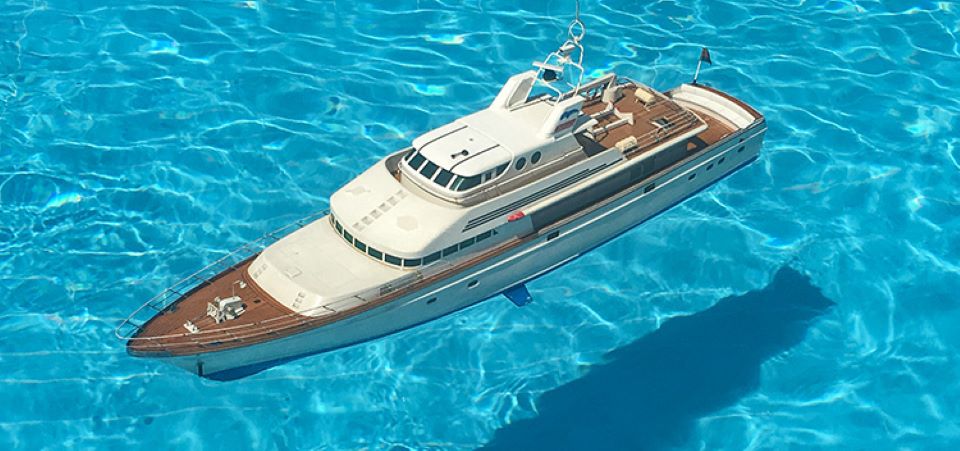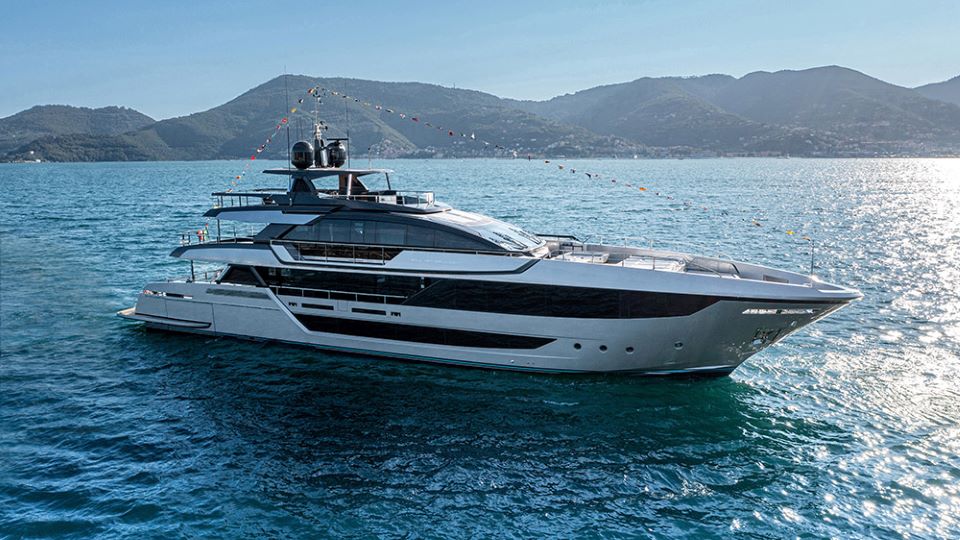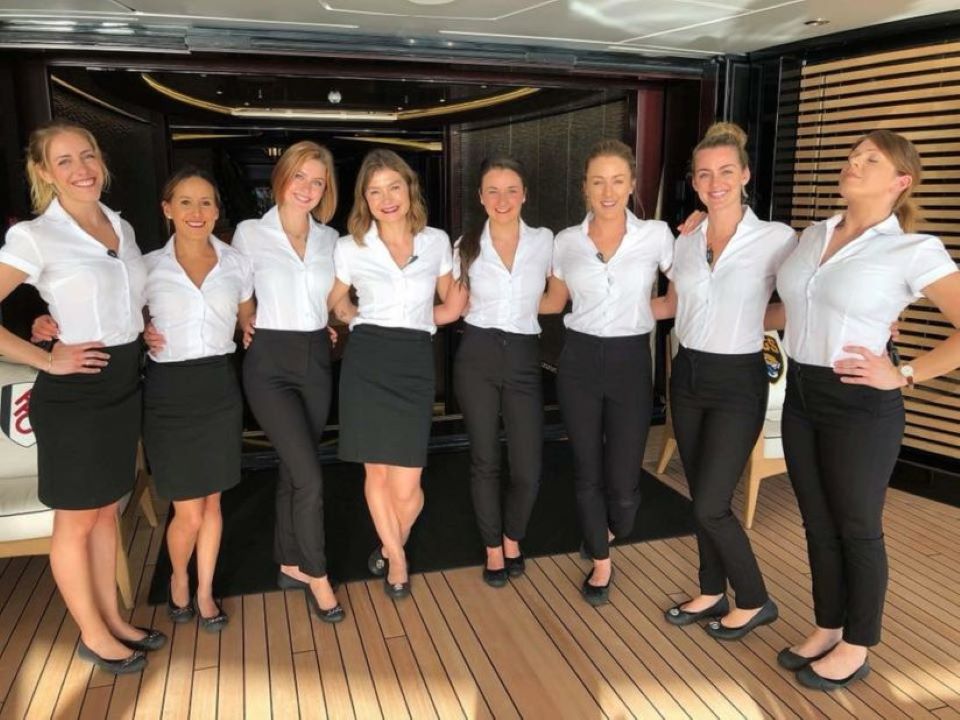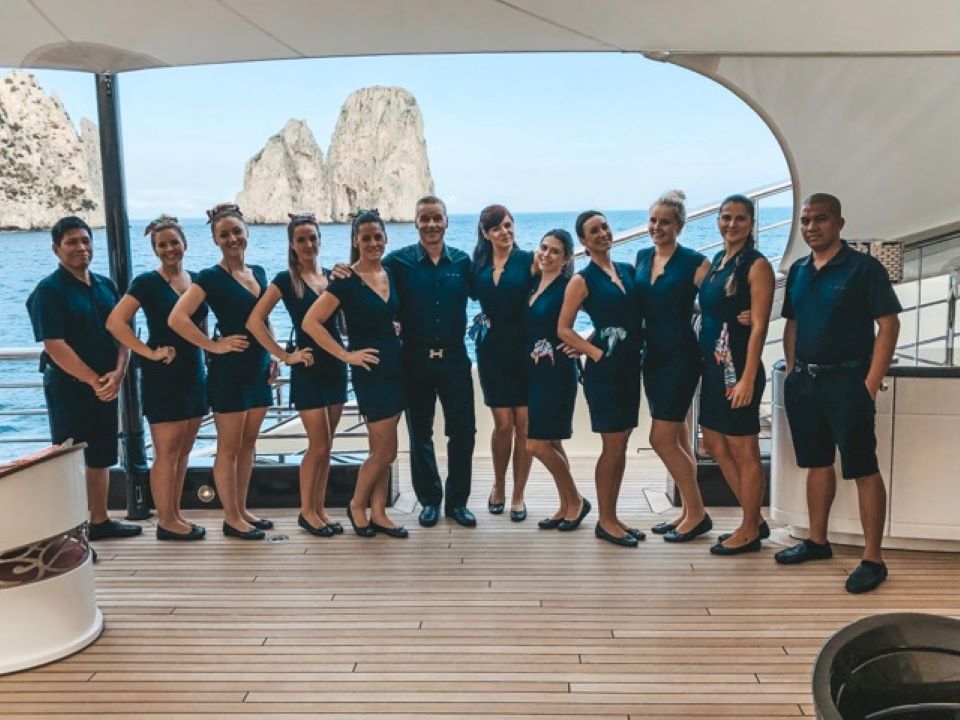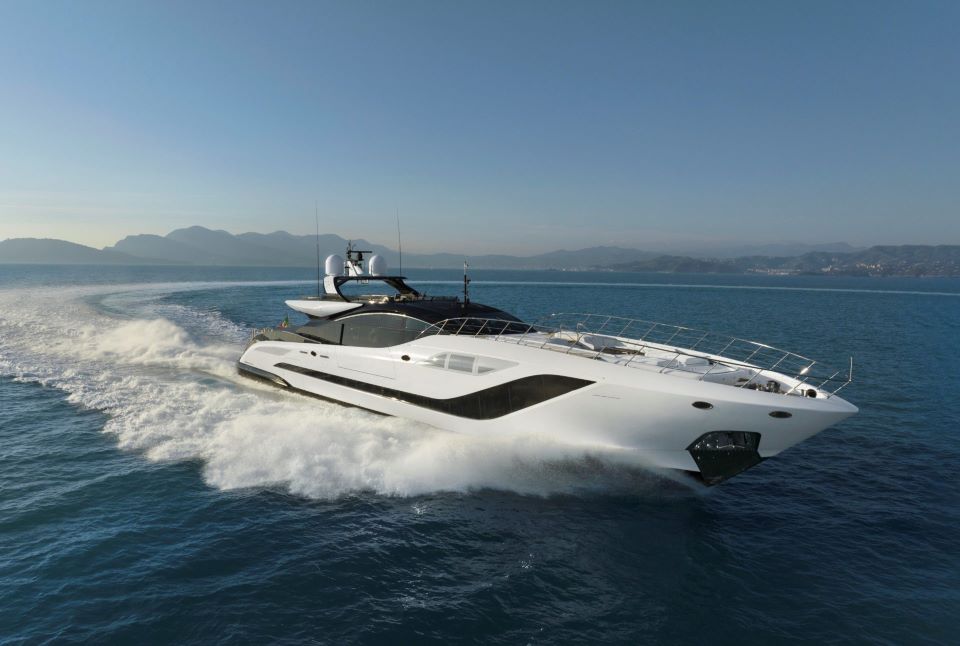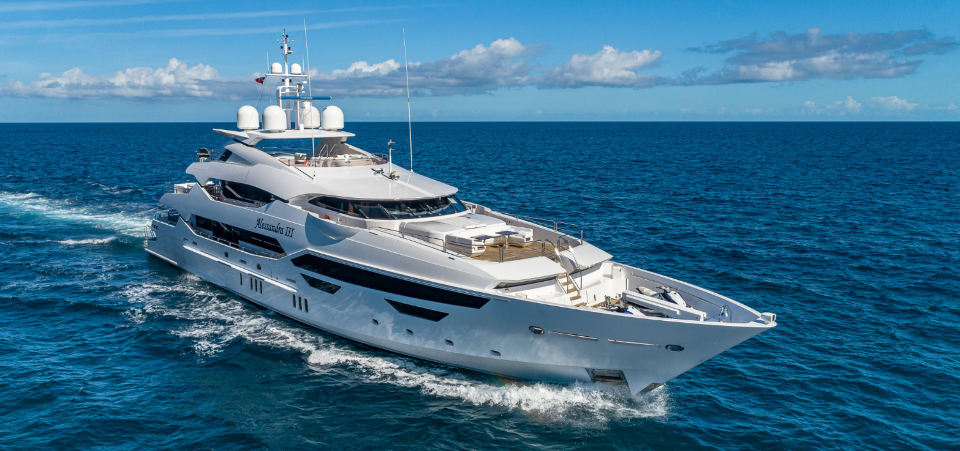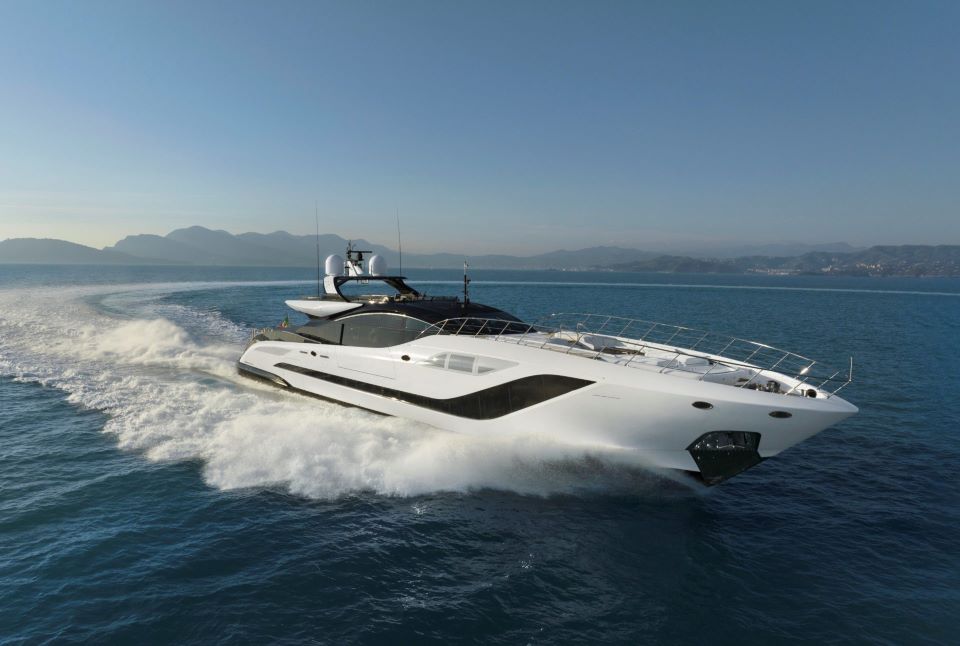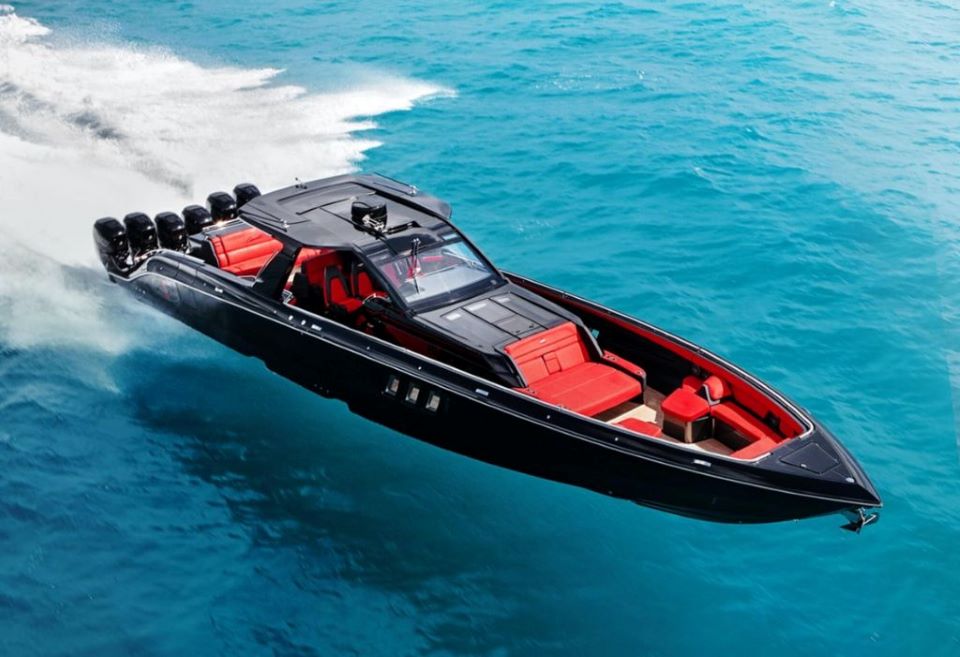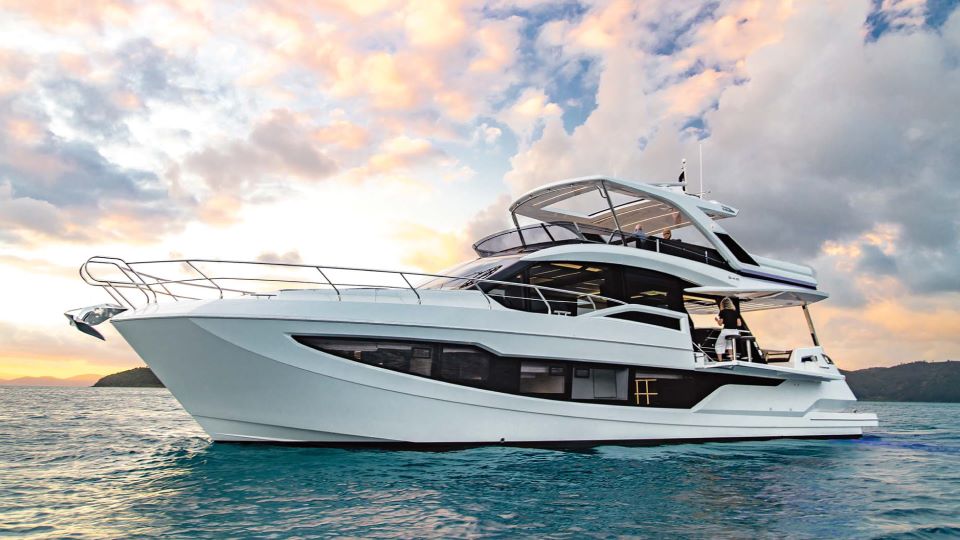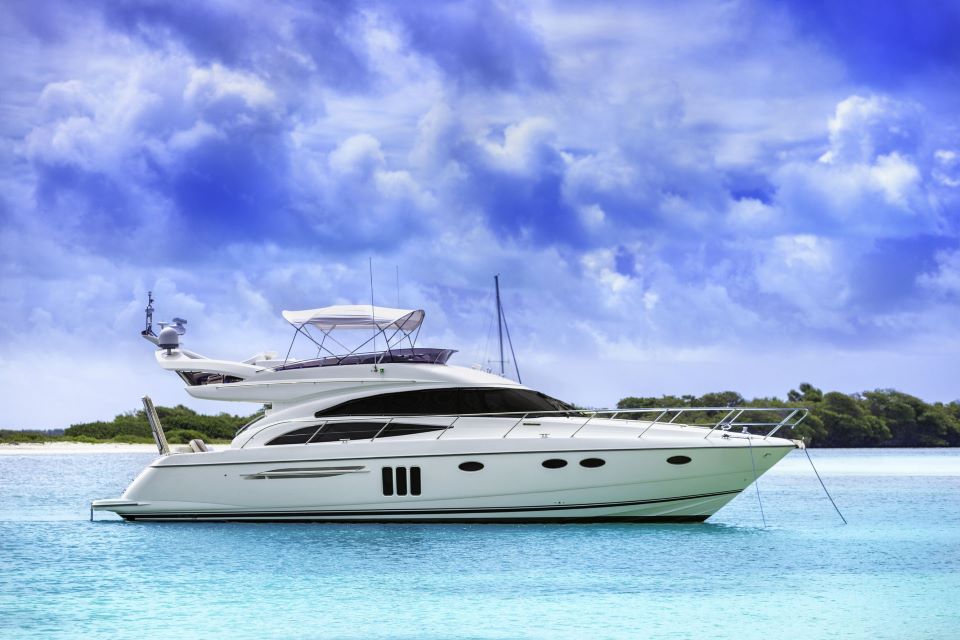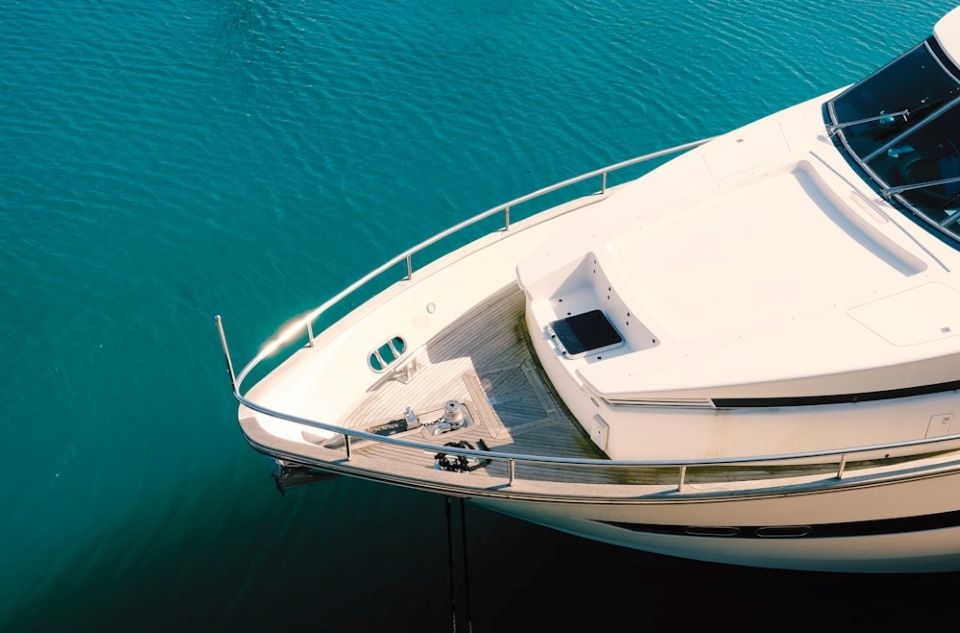Delving deeper into owning a yachting marvel, one uncovers recurring expenses such as maintenance, staff salaries, insurance, fuel consumption and docking fees. Further complexities spring from optional costs linked to custom upgrades or travel explorations. These implications demand a substantial understanding of financial commitment and operational aspects accompanying the joys of yacht ownership.
Ownership of a yacht involves several costs beyond the initial purchase. These include operational costs such as maintenance, fuel, insurance, and docking fees, crew expenses like salaries and necessary provisions, depreciation-related financial implications affecting resale value along with additional costs for optional custom upgrades or travel plans. Cost management strategies and exploring yacht financing alternatives can help manage these expenses effectively.

Decoding the Costs of Yacht Ownership
Entering into the world of yacht ownership is a grand endeavor, not just because of the luxurious experience it offers but also due to financial dynamics accompanying it. Contrary to common perception, merely acquiring a yacht is just the start; several costs are associated with owning a yacht and keeping it up and running.
The various costs associated with yacht ownership range from initial buying price, regular operational costs like maintenance, fuel and insurance, crew wages, yacht’s depreciation to additional expenses for custom upgrades or travel plans. Hence, thorough planning along with budget management skills becomes absolutely indispensable for aspiring or new yacht owners.
This detailed analysis aims to objectively break down all these costs, providing prospective owners an overview that can guide them in making informed decisions regarding their dream yachts. The objective here is to enlighten enthusiasts with practical insights that go beyond the dazzling allure yachts ordinarily imply.
Initial Purchase Price
Your journey into the world of yachting begins when you purchase your prized possession- the yacht itself. The asking price for a luxury yacht often varies widely based on factors like its size, age, design sophistication and feature-loaded attributes.
An entry-level motorized recreational boat might carry a relatively modest initial cost depending upon brand recognition and baseline specifications. However, super-yachts can often command stratospheric prices thanks to their size coupled with cutting-edge designs, state-of-art technologies (sonar systems or GPS systems), sophisticated appliances & furnishing and extravagant luxuries onboard (like jacuzzis).
A brand-new 100 foot high-luxury motorized yacht built by renowned manufacturers would warrant an eye-watering starting figure in multiple millions even before examining any optional add-ons. Therefore while budgeting for the purchase, one must carefully scrutinize features and luxuries driving up yacht costs and determine their absolute necessity.
Operational Costs
Maintaining a yacht in top shape incurs considerable operational expenses annually. Maintenance typically includes regular inspection for safety standards, periodic refurbishing, emergency repairs due to wear and tear, necessary replacement of parts or equipment, painting & waxing to prevent rusting/yellowing. The climate and riding condition also factor into these maintenance expenses.

The cost of fuel for yachts varies greatly based on the size and speed of the vessel, engine type (diesel or gas), and how often it sails. Yachts that frequently navigate or travel long distances would inevitably witness hefty fuel bills. In addition, one must budget for insurance coverage premiums along with docking/mooring fees which are subject to varying rates depending on marina location around the world. Hence operational costs form a quintessential aspect of yacht ownership.
Crew Costs
A fully equipped luxury yacht necessitates a professional crew for seamless operations. The number usually varies with the size of the yacht; larger yachts require more hands on deck. This crew aids in maintaining every single detail onboard- from navigation, hospitality operations to keeping everything well-cleaned and functioning correctly.
Crew wages constitute a prominent part of yacht expenditure. Apart from salary payscales benchmarked as per industry norms classified into different crew roles (like captains, engineers), owners must allocate funds for mandatory time-off replacements plus any bonus incentives or end-of-contract compensations. Essential necessities like food provisions & uniforms can also add up over time.
Depreciation and Financial Implications
Yachts generally depreciate over time; although several factors contribute towards determining its exact rate such as particular make/model recognition in pre-owned markets, overall condition/maintenance and any unprecedented market trends. This depreciation can significantly affect the yacht’s value when you plan to sell or trade-in at a future date.
The resale value of yachts is usually lesser than their purchase price, wherein better maintenance, fewer engine hours, recent refits or popular models might cushion this fall in price and fetch more interested buyers. Therefore one must judiciously factor these aspects into their financial planning for yacht ownership.
Cost Management Strategies for Yacht Owners
Strategic cost control becomes crucial for managing operational expenses efficiently. For instance, devising off-season maintenance schedules could save you from peak times’ surged pricing. Owners should also compare fuel costs across various marinas to find cost-effective supplies. They can further invest in green technologies (like solar panels) that are not just environmentally friendly but also help curtail energy/fuel consumption.
Adequate budgeting and careful financial planning hence form the backbone of yacht ownership costs management tactics. Availing professional consultation may help owners get a realistic estimation of prospective expenditures aligned with personal preferences and usage patterns, guiding them towards making informed spending decisions.
Other additional costs to consider
Depending upon how customised a yacht owner wants his vessel, there might be additional one-time set-up costs involved. These customisations may range from technological enhancements (upgraded navigation systems), interiors remodelling (bespoke furniture or art pieces), added amenities/enhancements (water toys or onboard gym equipment) that enhance luxury experiences but do increase outlay substantially too.

Another point worthy of consideration is planning voyages which means fuel for beyond just marina-home cruising distances — depending upon the sea miles your luxury mobile-home clocks in — plus other travel related expenses like periodic registration fees/license renewal charges as mandated by legal provisions globally.
The Yacht Chartering Business: A Strategic Approach to Yacht Ownership
Going beyond private use, yacht ownership can be turned into a viable business venture with profitable returns. The strategy of chartering, where the yacht is rented out to other individuals or parties for specified periods, is an effective method of regaining capital invested and handling the costs of upkeep.
Chartering fees not only generate income but also offset the costs of maintaining your yacht in perfect condition. However, there are additional considerations to take into account when turning a luxury lifestyle asset into a source of revenue – such as added wear-and-tear, crew scheduling for charters and overall yacht availability for private usage.
The type of charter you choose: bareboat (where individuals rent just the vessel), skippered (a captain accompanies renters) or crewed charter (entire operations team is included in the rental price) will eventually alter expected earnings and the level of maintenance needed after each charter.
Therefore, insightful management alongside robust marketing efforts will elevate your offerings from competitors within this highly saturated market. Proceeding with professionalism enhances customer experiences, thereby securing repeat clients or navigational recommendations!
Yacht Financing Alternatives
A pertinent question lingers on every prospective yacht owner’s mind—How do I afford such an extravagant purchase? While some buyers may pay outrightly without financial assistance thanks to their affluent financial profiles, others might need alternatives like loans or even leasing options that allow them more fiscal flexibility.
Familiarizing oneself with available financing options becomes crucial for unwrapping complicated sums involved in buying a yacht. Financing solutions are commonly used by many boat owners who prefer not tying up their cash resources entirely against yachts – owing to its depreciative nature.
Lenders offering these marine loans typically calculate loan amount eligibility based on factors like the buyer’s credit history, financial health and yacht specifics – age and size because older or larger yachts typically imply higher maintenance costs. Additionally, understanding different loan types whether secured/unsecured and their interest/repayment plans saves owners from future financial stress.

Alternatively, luxury leasing programs allow one to own a yacht for a specified term while reducing upfront investments. At lease-end, these schemes usually offer ownership transfer at a predetermined residual fee. Exploring such structured payment arrangements thus helps striking a balance between realizing your dream of yacht ownership and handling its associated economic realities.
Key Takeaways
- Yacht ownership extends beyond initial purchase, including several other associated costs.
- Maintenance, insurance, fuel and docking fees form the bulk of operational costs.
- Crew costs entail wages, replacements during time-offs and other necessities like food provisions.
- Depreciation affects resale value while additional expenses arise from custom upgrades or travel plans.
- Efficient cost management strategies and understanding yacht financing alternatives can ease yacht ownership’s financial commitments.
Frequently Asked Questions
In the glamour-filled world of yacht ownership, numerous aspects provoke curiosity and confusion. This FAQ section is designed to address common queries pertaining to buying a luxury yacht and associated costs.
1. What are some elements that drive up the cost of a yacht?
The cost of a yacht varies based on multiple factors such as its size, design sophistication, brand recognition and luxuries onboard including exceptional amenities or state-of-the-art technologies. Custom features or specific alterations can further add up to the original price.
Moreover, costs arise from routine maintenance tasks, fuel consumption, insurance premiums or mooring fees thus affecting its operational expenses making yacht pricing an intricate puzzle with several varying components.
2. How does crew expenditure fit into the scheme of things?
A fully operational luxury yacht necessitates professional staff for navigation assistance and maintaining services onboard. The costs include their wages (which vary according to different roles they perform), necessary provisions like food along with clothing/uniforms where applicable.
Owners should also account for costs generated by hiring replacements during mandatory time-offs/leave periods bestowed upon crew members or any additional incentives/compensations at end-of-contract periods.
3. Can I take my own steps towards reducing operational expenses?
Absolutely! Strategic planning significantly aids in managing various outlays effectively thereby controlling expenditure. Certain measures involve devising off-season maintenance schedules avoiding peak times or exploring environmentally friendly options to curtail energy consumption; resulting in cost savings in the long run.
Adequate financial planning and budgeting provides insights about potential spending against income generated which is essential for owners hoping to offset operating expenses vvvia chartering out their vessels.
4. What factors contribute towards the resale price?
Similar to property or automotives, yachts also depreciate in value over a period of time. Factors such as its make/model recognition in pre-owned markets, quality of maintenance, engine hours registered and overall market trends determine the resale price.
However, good maintenance standards – which keep the yacht in pristine condition, fewer engine hours indicating less usage or recent refurbishments can soften depreciation’s blow and help fetch better prices on resale.
5. I am new to yacht ownership. What financing alternatives do I have?
Individuals not capable of paying outrightly for their dream yachts can explore several financing alternatives widely available in markets today like loans or even leasing options providing increased fiscal flexibility. Agencies offering these finance solutions usually consider the buyer’s credit history, and financial health along with yacht specifics before sanctioning loans.
Luxury leasing programs allow prospective owners to possess yachts for a specified term against DP; reducing upfront investments. At lease-end, the option to acquire the vessel at predetermined costs exists thereby spreading out cash outflow and making owning yachts more attainable than ever.
Wrapping Up
Understanding the intricacies of yacht ownership costs imbues potential owners with insights, preparing them for the comprehensive journey they embark on. Beyond the visible glamour and prestige, owning a luxury yacht reveals complex financial dynamics warranting meticulous planning and astute decision-making.
The costs incurred certainly don’t confine to initial purchase levels but reflect recurring costs that exist in maintaining luxuries at sea. However, with strategic management approaches for handling these expenditures balanced against prospective revenues from charter services, yacht ownership can remain an ever-alluring prospect despite all complexities.




















